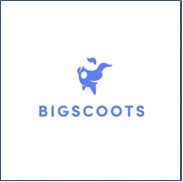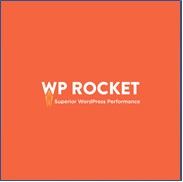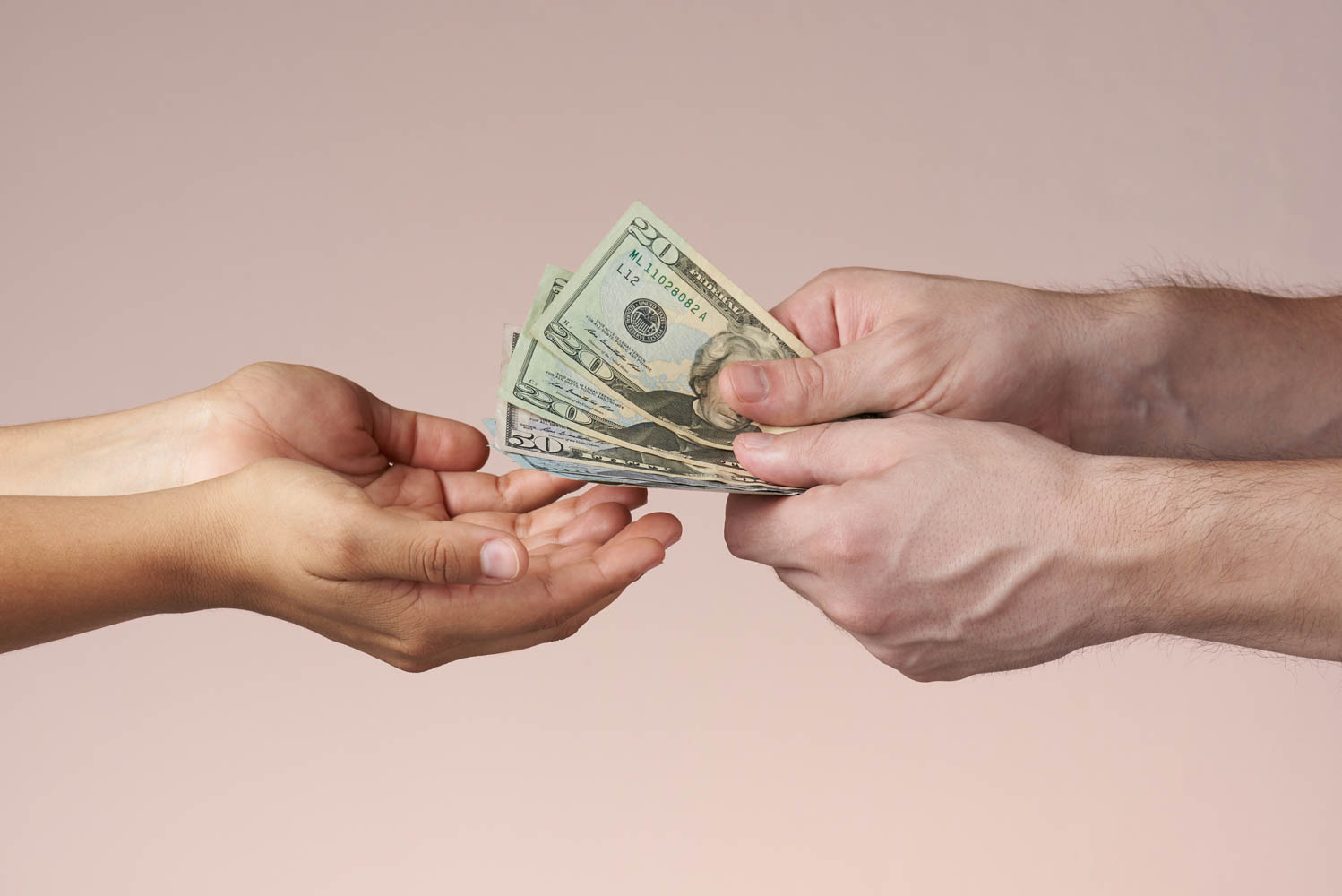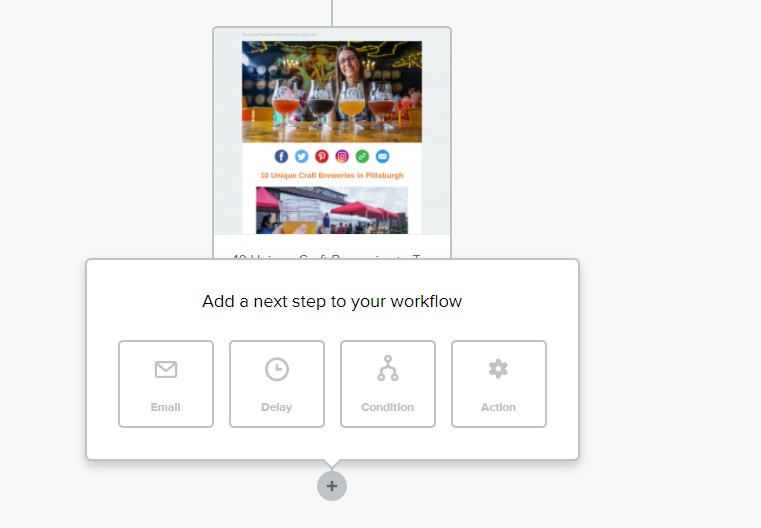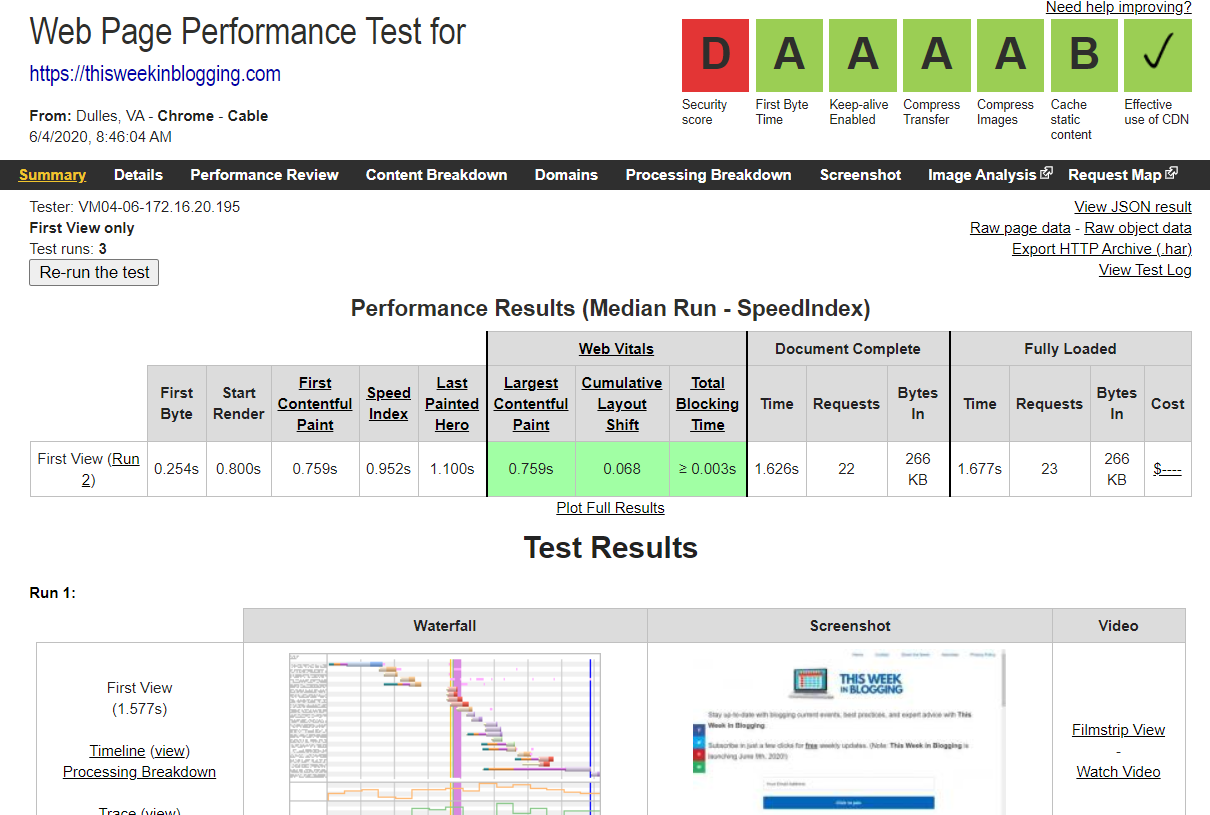Published by Chris. Last Updated on March 27, 2023.
Disclaimer: This Week in Blogging uses demographic data, email opt-ins, and affiliate links to operate this site. Please review our Terms and Conditions and Privacy Policy.
Understanding how sponsored content can fit into your content strategy is something all bloggers will eventually address, and especially those bloggers who are growing quickly.
After all, our blogs are a medium, and eventually you're going to find people or companies who want to utilize that medium to share their message. However, even thinking of sponsored content as such can be narrow. More broadly, it's a partnership between two parties who often share a similar vision and audience.
Sponsored content, if done correctly, isn't a sales pitch to readers as much as its an answer to a pain point that both the brand and blogger feel can be solved for an audience.
And, it's also definitely not saying yes to those random emails you get where someone basically suggests you should input a link to a casino or something else and effectively tarnish your reputation. With all that said, we do interviews over at This Week in Blogging to give experts a chance to shine, so we'll step back here and let this week's expert do the talking.
Today's expert is Bruno Bornsztein, and he's the Co-founder of InfluenceKit, a tool that helps content creators plan, measure, and grow. Before InfluenceKit, he was the publisher of two blogs, and worked as a blogger full-time for more than 10 years. He's excited to connect with the This Week in Blogging audience and (hopefully) share some helpful tips from my experience.
1. Firstly Bruno, thanks so much for joining us over at This Week in Blogging to share your expertise. For some of our newer bloggers, can you first just mention what sponsored content is?
Sponsored content (also called influencer marketing), is when a brand pays you to create custom content that features their product.
In some cases, the compensation is in the form of free or discounted product. The difference between sponsored content and straight-up advertising, is that sponsored content looks and behaves a lot more like editorial content. It’s not about tricking the reader by hiding an ad inside of content; it’s about creating real, valuable content that features the brand’s messages in an authentic way.
2. When can a blogger or content creator feel like they’re “ready” for sponsored content? Do they need to have a certain baseline of traffic or influence?
I don’t think there’s a hard minimum on your traffic before you can dip your toe into sponsored content.
Just bear in mind that brands now have lots of influencers to choose from, so if your audience is still very small, you probably won’t be able to charge much/anything. You may need to start out just working in exchange for discounted product.
I would take it very carefully at the beginning; better to write a blog post about a product you truly love (even if you don’t get paid), than write about something that’s not really a good fit for your readers just because you managed to convince a brand to pay you.
3. Once a blogger decides that they want to move into the realm of sponsored content, where should they start? Is there a network in particular you’d recommend or is it more about establishing and leveraging your own relationships?
I would definitely recommend trying to establish your own relationships. Chances are you’re already writing about tons of brands and products that you respect and would stand behind. Start by trying to contact those companies! Send them a DM on Instagram, try a cold e-mail (or better yet, a phone call), or see if any of your blogger friends can share a contact. Nurture those relationships over time, even if they don’t pay off right away.
A quick e-mail to a brand contact saying “Hey! I wrote a great post featuring your product” is enough to keep the channel open. They’ll think of you next time they have influencer marketing budget to allocate.
4. This might just be one of those impossible questions, but do you have any conception of rates for sponsored content? Or, at the very least, can you speak to how bloggers should look to value themselves?
Don’t. Under. Charge. I can’t say this enough. I would say that 90% of the bloggers I talk to are just plain afraid to ask for more money. Don’t be. Know your value. Understand how talented you are, and what your services are worth to a brand.
As an example: think about how long it takes you to brainstorm, research, write, photograph and promote a blog post. Now think about what you’re time is really worth! $25 an hour? $50? Only you can answer that.
Now: think about how much the brand would have to pay to produce the exact same content on their own. Do you really think they could brainstorm, research, write, photograph, and promote a piece of content to the same standards as you can, for less than that $25 or $50 hourly rate? NO WAY!! It would cost them $300 just to have their legal team review it. Hiring a photographer for the day would be $500-$1000. And I promise you their copyeditor is getting paid more than $25/hour.
Don’t. Under. Charge.
When in doubt: pick a number, and keep moving it up until brands start saying no. Then you know you’ve found a good spot.
5. When I say “sponsored content,” the common idea is that it’s always going to just be a sponsored blog post, and that’s that. Is that the reality, or is it more about a sponsored partnership at this point that’s multipronged involving social etc.?
These days, most sponsored collabs will include content across multiple platforms. Brands know that they have a better chance of driving awareness if they spread the word on all your channels.
6. How would you best suggest bloggers organize and keep track of their sponsored content calendar? What should bloggers be particularly diligent with to maintain their end of the professional bargain?
Having a system is crucial. Whether that’s pen and paper, a spreadsheet, or a custom-designed tool like InfluenceKit; without a system to organize and track your sponsored content, you’re going to get overwhelmed, fast.
One thing bloggers often overlook: brands want trusted, reliable, professional partners. Yes, they want to see great results (impressions, engagement), but just as important, they want to know that you’ll follow through on time, communicate clearly, and be wonderful to work with.
A system like InfluenceKit help keep you organized, on track, and accountable, so you look like a professional (and so you can get paid like a professional). You need to be tracking every sponsored content deliverable you create so you can find it quickly if a brand asks, or when using as an example to pitch potential sponsors. You also need to be able to show brands reports that prove the value of the the work you did for them.
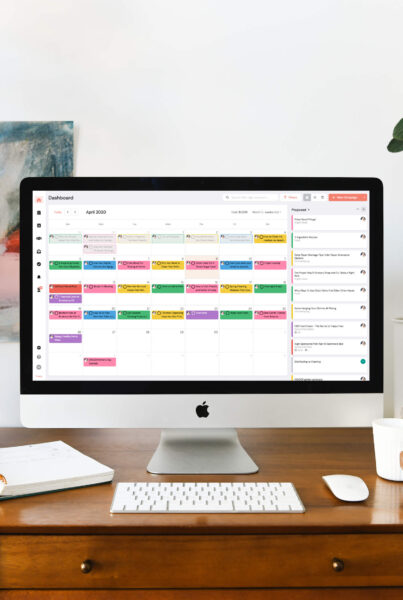
7. How important is it that you follow up with your sponsored partners with statistics? And, can you elaborate a bit on how Influence Kit aims to streamline this process a bit?
It’s so, so, so, so, soooo important! So much.
Brands work with tons of content creators. There are thousands more who would love to work with them. Therefore, when you get a chance to work with a sponsor, you need to make sure you go the extra mile. By following up with reports, you’re making their job a whole lot easier, and they’ll love you for it.
InfluenceKit makes creating reports for your sponsored content super easy. You just paste in the links to the posts you created (on your blog, on social media, etc.), and the reports are generated automatically, and updated in real time. Now you can send brands a follow up anytime you want with no extra effort.
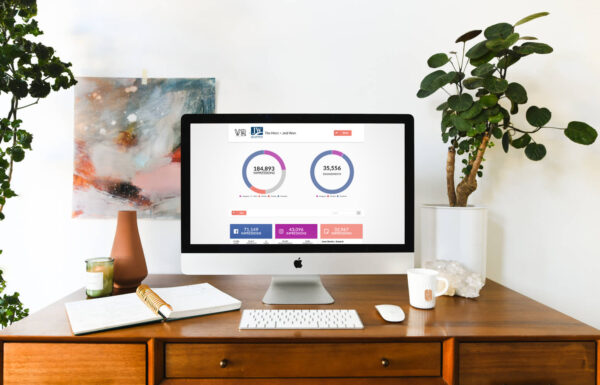
8. Where do you see sponsored content in general heading from here? It is a trend that's on the upturn or downturn in your opinion?
I think it’s definitely in an upturn. People are shifting to remote/online purchasing habits more than ever before, and advertisers are learning that influencer marketing is a really cost-effective way to reach consumers.
I think we’ll continue seeing a shift to quality over quantity in influencer marketing programs, with brands working harder to build strong, long-term relationships with content creators they can trust (and vice versa).

What are your biggest challenges when dealing with sponsored content? Comment below to share!
Join This Week in Blogging Today
Join This Week in Blogging to receive our newsletter with blogging news, expert tips and advice, product reviews, giveaways, and more. New editions each Tuesday!
Can't wait til Tuesday? Check out our Latest Edition here!
Upgrade Your Blog to Improve Performance
Check out more of our favorite blogging products and services we use to run our sites at the previous link!
How to Build a Better Blog
Looking for advice on how to improve your blog? We've got a number of articles around site optimization, SEO, and more that you may find valuable. Check out some of the following!


